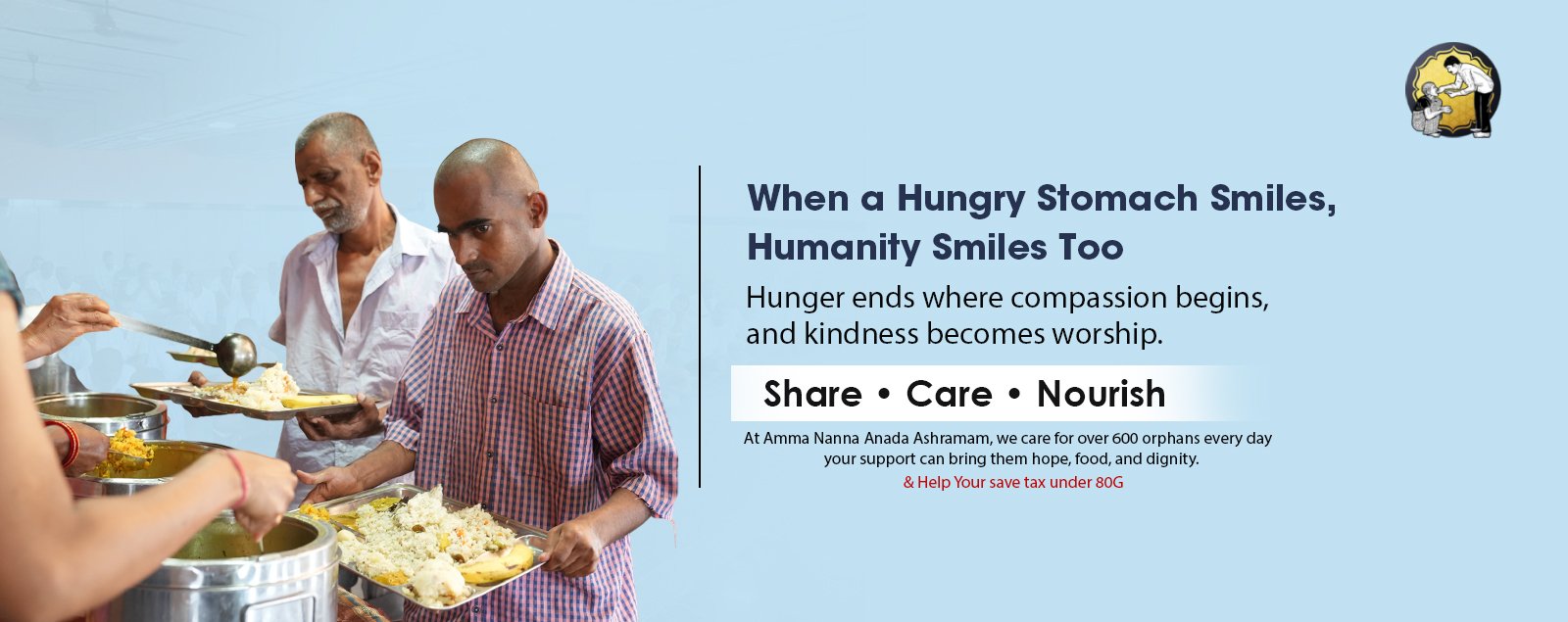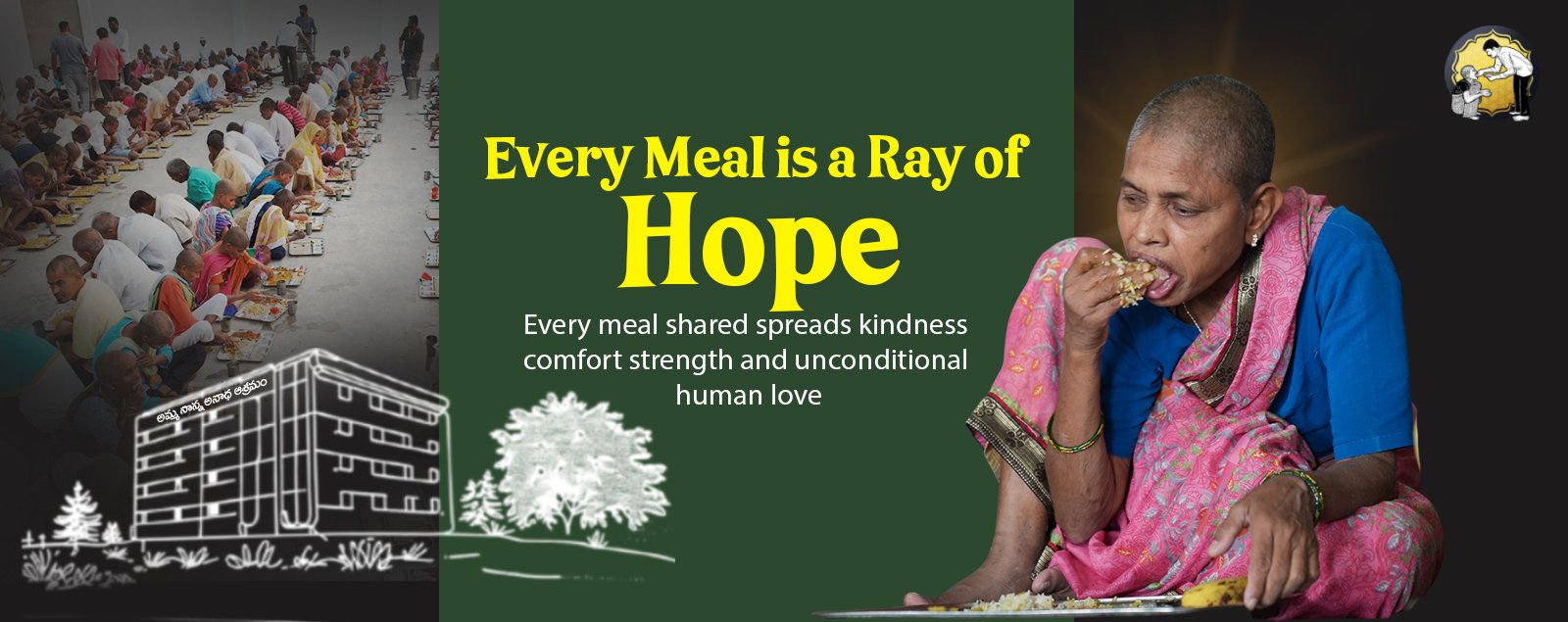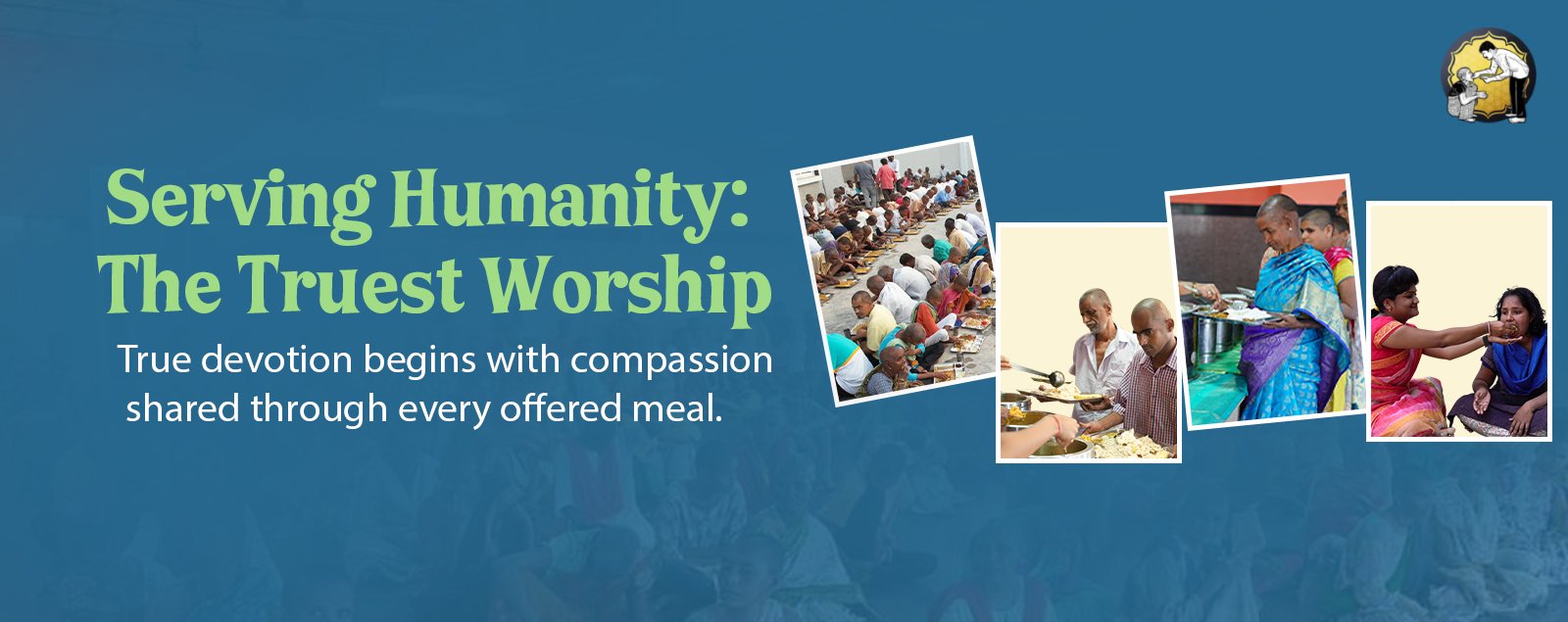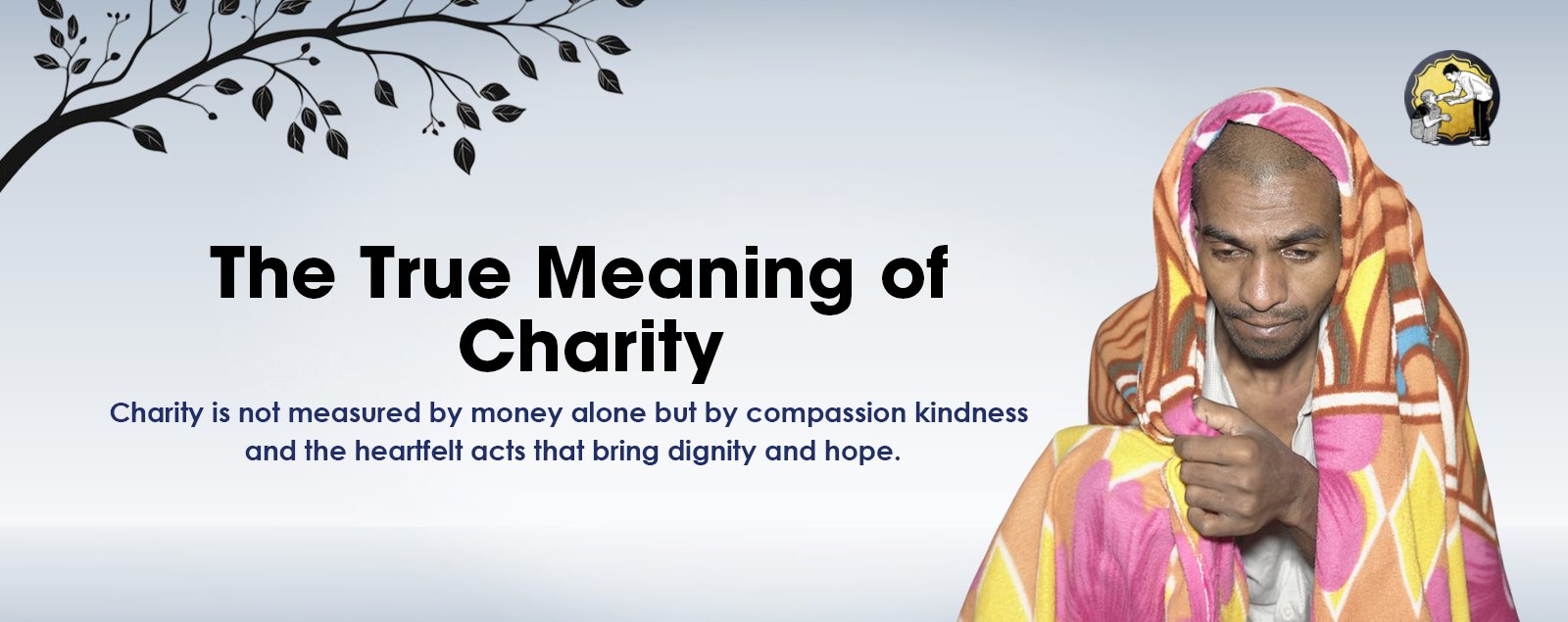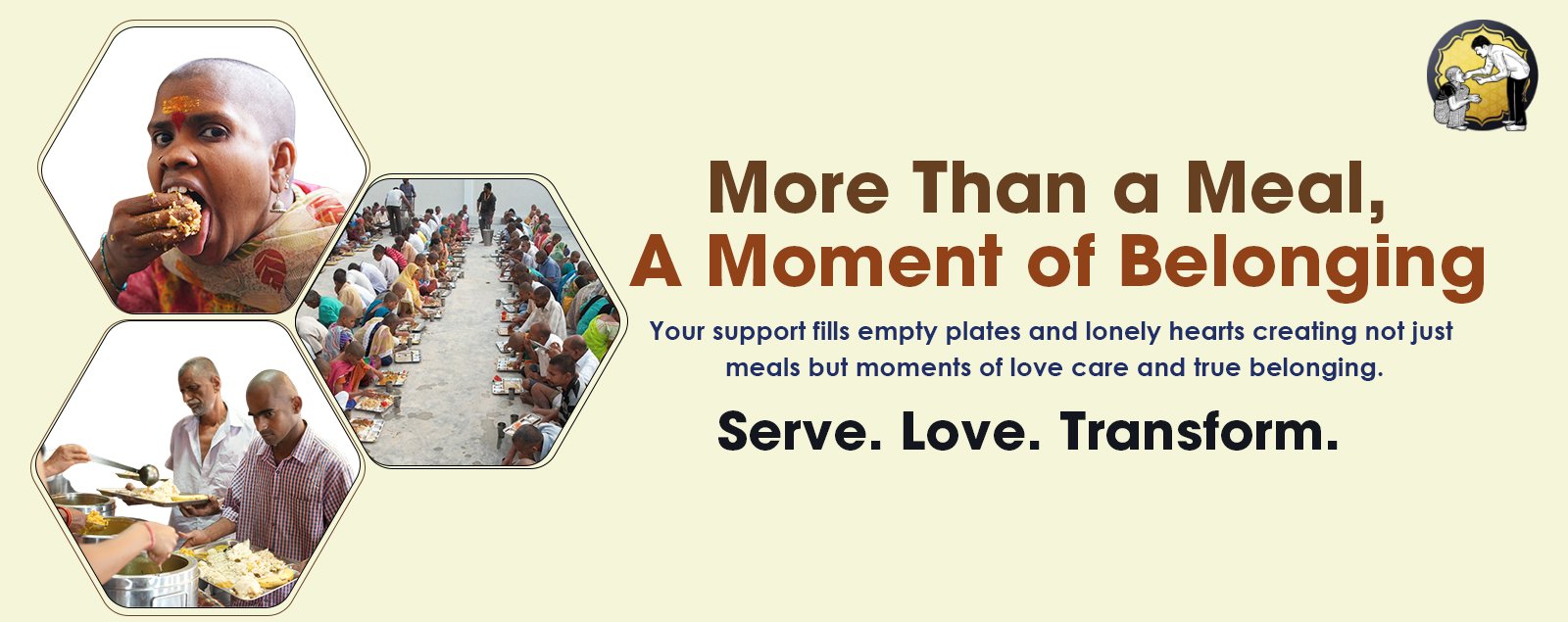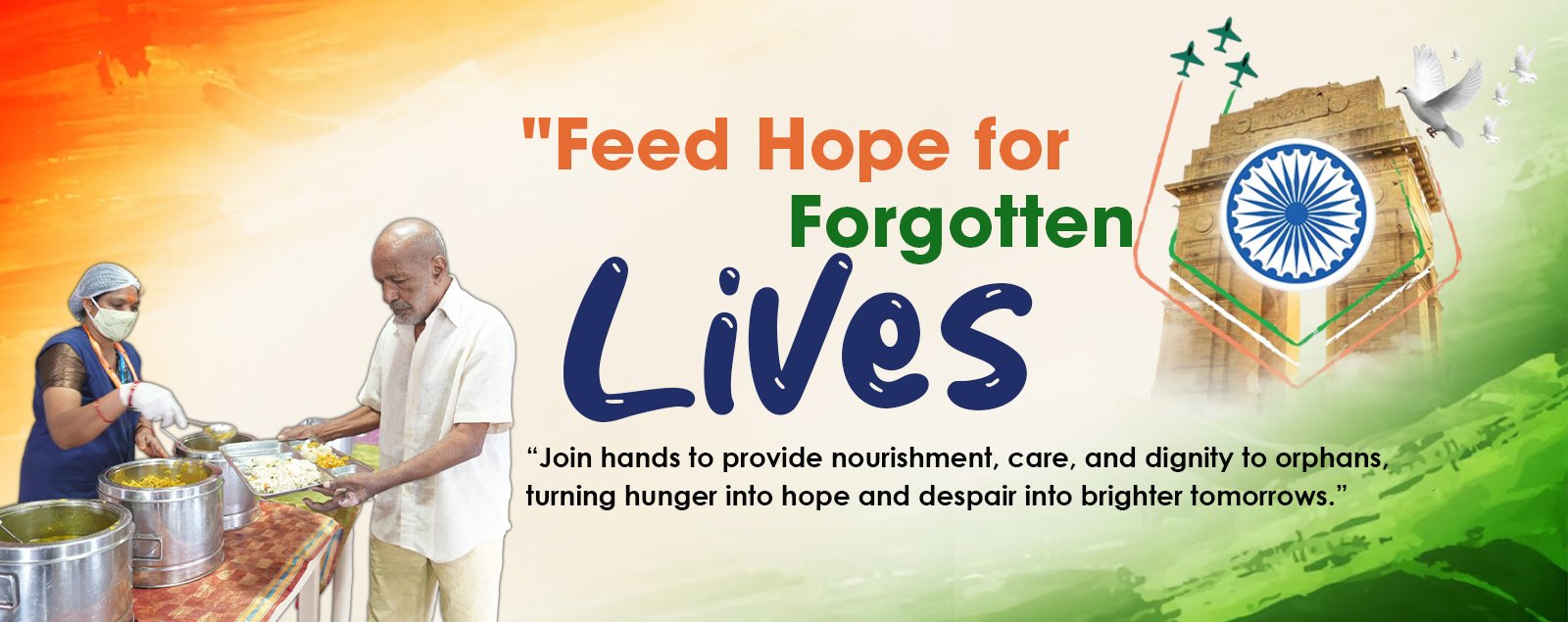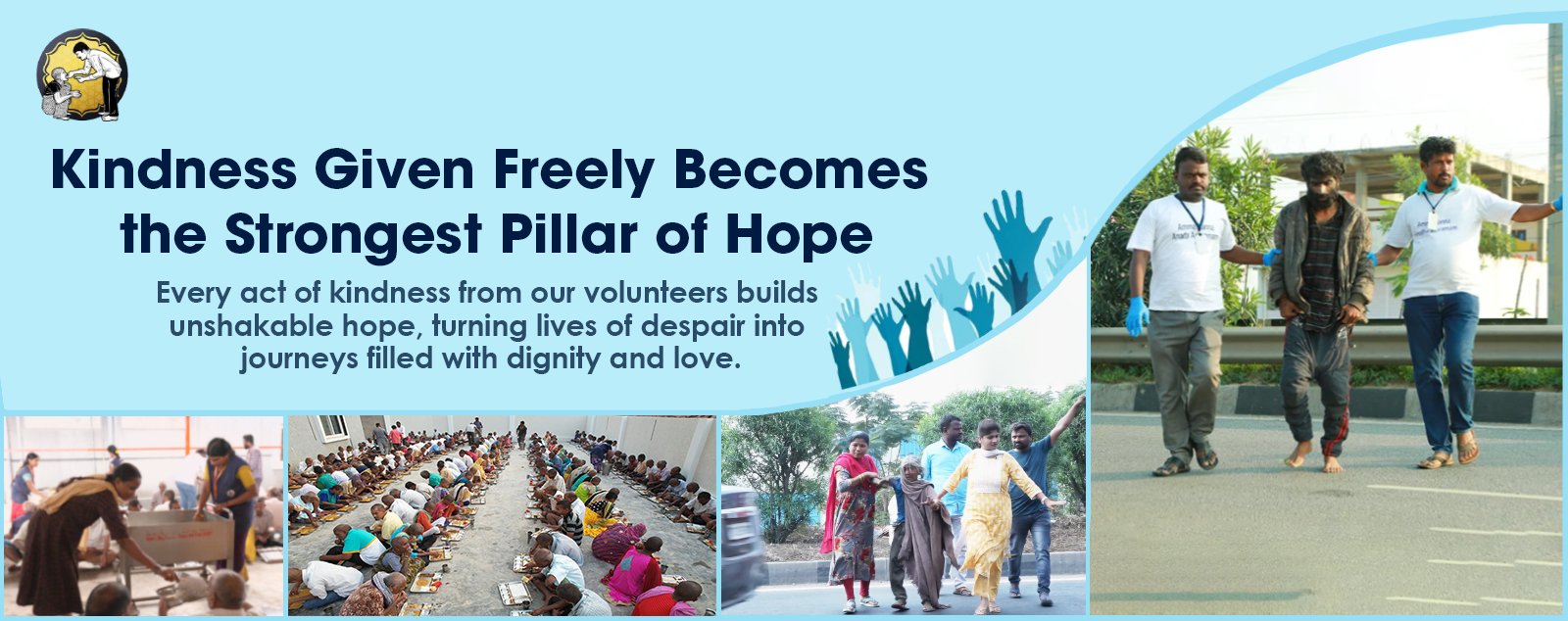- News
- News Blog
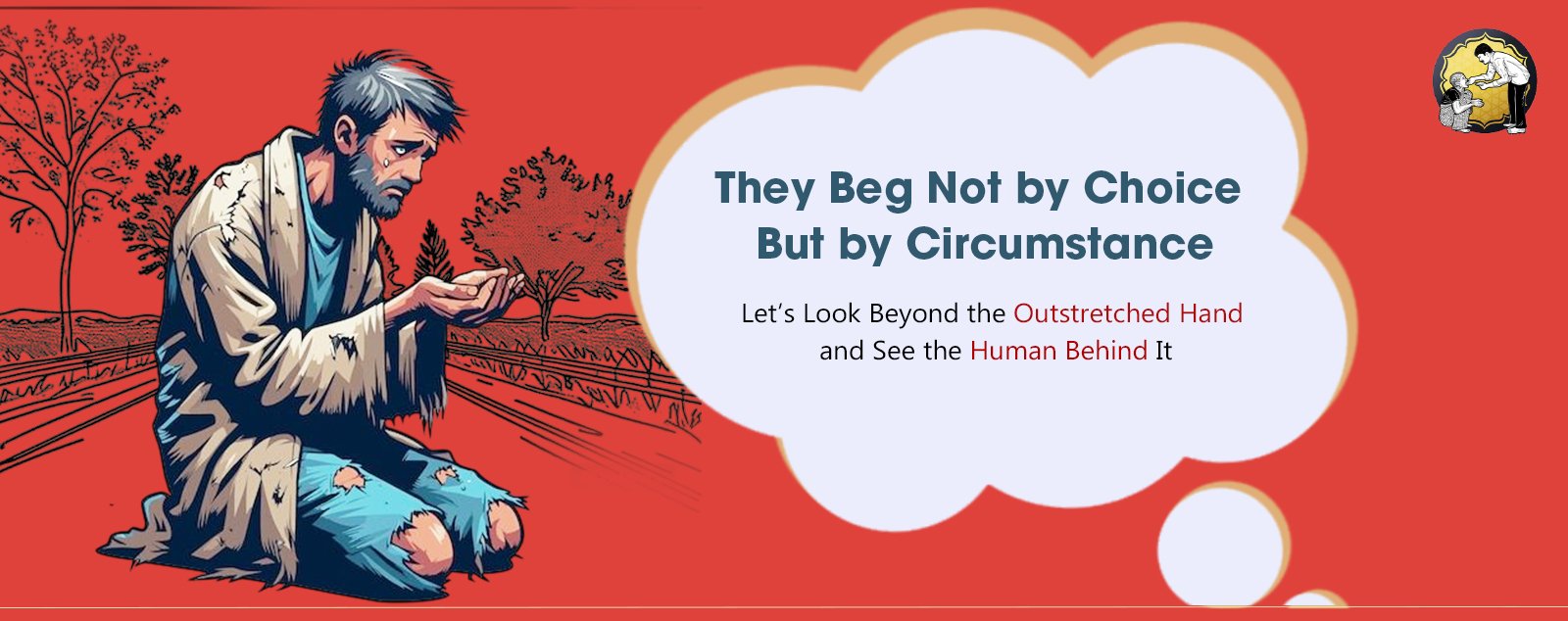
Why Are Beggars Increasing in India
They Beg Not by Choice But by Circumstance
In the bustling cities and quiet towns of India, one common sight connects them all — people begging on the streets, often unnoticed, unheard, and uncared for. While India continues to grow economically, the rising number of beggars paints a painful picture of a society struggling with deep-rooted issues. But why is this number increasing?
Poverty That Never Left
Despite Economic Progress, a Large population Still lives below that poverty line. For many, Especially in rural areas, Survival is a daily Challenge. With no job Opportunities, no stable income, and no access to basic healthcare or education, begging becomes a last resort- not a choice, but a compulsion
Unemployment and Migration
Millions Migrate from villages to Cities every year in search of a better life. But not everyone Finds employment. When Jobs are scarce and shelters are overcrowded, many end Up living on footpaths and depending on begging to feed themselves and their families.
Mental illness and Disability
A heartbreaking number of beggars are mentally ill or physically disabled. Often abandoned by their families, they are left with no support system. Without treatment, rehabilitation, or government aid, they wander city streets, depending entirely on the mercy of strangers.
Also Read: Food Donation Benefits That Go Beyond Just a Meal
Child Begging and Exploitation
One of the darkest sides of this issue is begging. Many children and orphans are forced into begging rings run by mafias or abusive guardians. They are exploited, robbed of education, and grow up trapped in a cycle of poverty and helplessness.
Lack of Strong Rehabilitation Programs
Government schemes and social welfare efforts exist, but their reach is limited. Shelters are overcrowded, facilities underfunded, and policies often remain on paper. There is a lack of coordinated action to rescue, rehabilitate, and reintegrate beggars into society.
What Can Be Done
Stronger implementation of government policies for the homeless and disabled.
NGOs must be empowered and supported to rescue and rehabilitate.
Public awareness needs to increase — not just giving coins, but helping through structured donation and volunteering.
Mental health and addiction care should be made accessible in every city.
A Message from Humanity
Every person begging on the street has a story — not of laziness, but of loss. Not of choice, but of circumstance. Instead of walking past, let us pause. Let us care. Let us support organizations that are working to end this silent suffering.
If we cannot feed a hundred people, let us start with one.
FAQ
1. Why do people beg on the streets?
People beg due to extreme poverty, unemployment, homelessness, physical disabilities, mental illness, lack of family support, and in some cases, forced exploitation by begging mafias.
2. Is there any connection between disability and begging?
Yes. Many disabled individuals are pushed into begging due to lack of accessible jobs, healthcare, or family support. Inclusive social systems are essential to stop this cycle.
3. What is the government doing to stop begging?
Some government initiatives include providing shelters, skill training programs, mental health support, and rehabilitation centers. However, many of these programs lack proper implementation and awareness.
